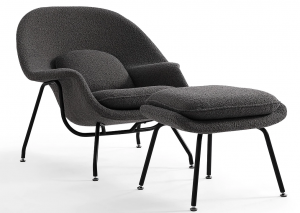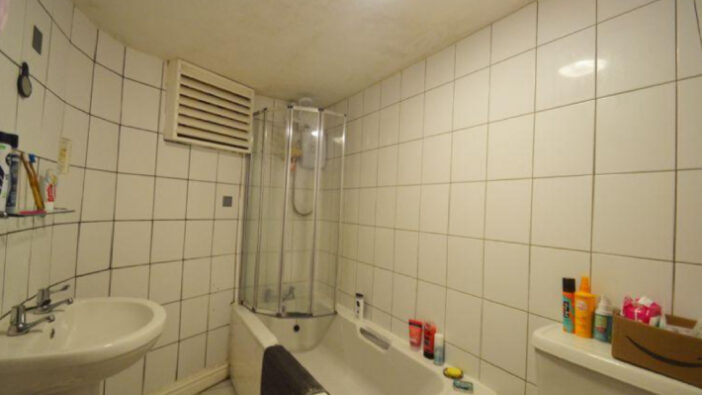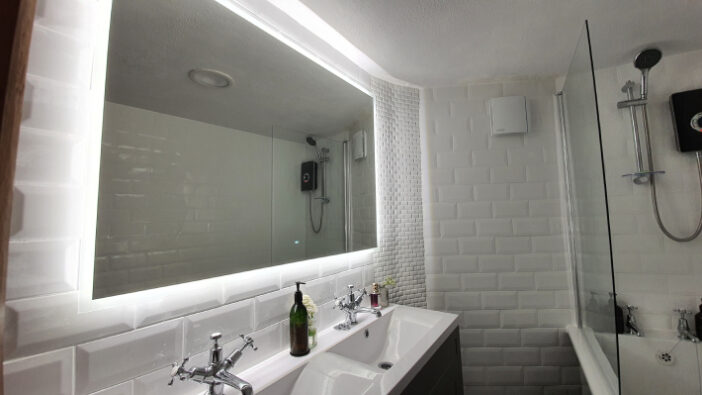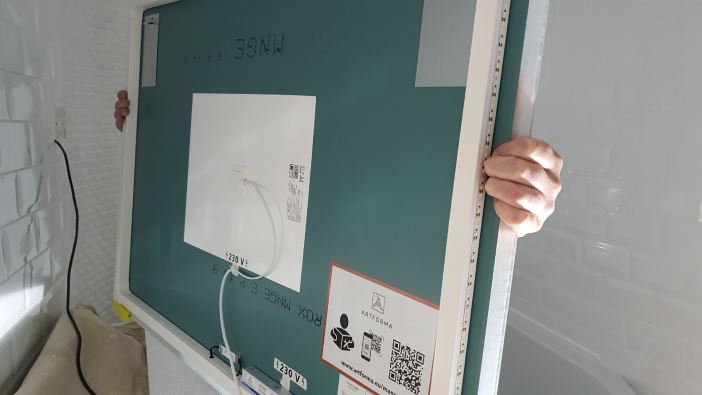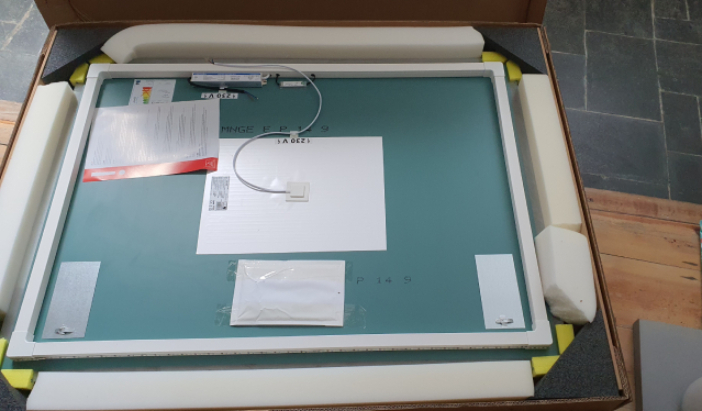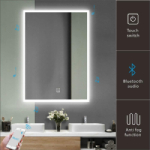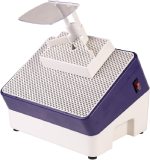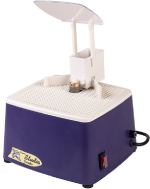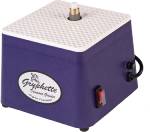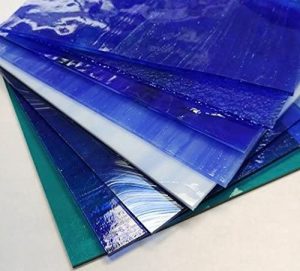
Those who suffer from even the occasional bout of insomnia will know that the inability to fall and stay asleep is more than just an inconvenience, making you tired and writing off your ability to function at your best the next day.
Having insomnia is a stressful situation in itself, often causing high levels of anxiety.
Ironic considering that if you are not too hot, or too cold, and don’t have any discomfort, then stress and anxiety are likely to be the cause of your inability to fall and stay asleep in the first place.
The problem with anxiety is that it manifests in two ways.
Firstly, your brain offers you an impressively creative array of negative thoughts and your darkest fears at 3 a.m. while simultaneously reminding you of how little time there is left to sleep before it’s time to get up again.
Your body then “helpfully” responds by giving you copious amounts of adrenaline, norepinephrine, and cortisol, which would be helpful if you found yourself confronted by a lion with an attitude problem, but not so helpful when you are trying to relax enough to drop off to sleep.
Unfortunately, these physical effects, even if you could calm your brain down into a mere, mild state of panic, can take some time to wear off.
And as someone who suffered from severe insomnia a couple of years ago, over several months, I know it feels to be in that situation.
My best advice would be not to let it get to you. If you worry about it, it’s got you. Once you let it go and stop caring whether you sleep of not your peace will return and you’ll sleep.
And if you are struggling, I highly recommend Sleepio. It isn’t free but my insomnia was bad enough for me to qualify for a free course here in the UK. I found it really helpful, and it’s definitely worth asking your health care provider about it.
So what else can you do to help yourself feel calm.
What can you do to calm yourself down?
It goes without saying that you should turn your room into a calm, relaxed, uncluttered, sleep optimized environment.
You should get yourself acquainted with, and sync, your circadian rhythm (your biological clock that every 24-hours, allocates you with a sleep time-slot, followed by a wide-awake time-slot) and your homeostatic sleep drive (natural pressure to sleep after being awake too long).
You should get f.lux for your computer.
You could try a soothing drink of chamomile tea, and you should find ways to relax and unwind well before bed.
Used for centuries to treat various ailments from wound healing to headaches, lavender is also well-known for its soothing and calming properties.
The first documented evidence comes from a Greek physician named Dioscorides, who wrote a 5-volume encyclopedia about herbal medicine in 50-70AD.
The good news is that a number of small studies have shown lavender to be clinically effective in reducing anxiety and insomnia.

A 2015 study, on the effects of aromatherapy on sleep quality and anxiety of 60 patients with coronary artery disease, showed a statistically significant difference from the control group, in favor of an intervention group treated with a 2% inhalation of lavender essential oil.
The study concluded that lavender oil was found to increase the quality of sleep and reduce levels of anxiety in patients with coronary artery disease.
There are a number of studies suggesting lavender may be helpful in reducing pain too.
A 2012 study into the effectiveness of lavender essential oil in the treatment of migraine headaches, found inhalation of lavender essential oil to be, again, of statistically significant benefit in the acute management of migraine headaches.
Although all the studies, so far, are small, the sedative and soothing effects of lavender are likely to be beneficial and with the exception of pregnant women, who should avoid essential oils as a precaution, and those already on medications which may be adversely affected by its use, lavender is likely to be a safe and effective natural treatment to help you relax, and relieve anxiety so that you can finally fall asleep.

So how can you use lavender for sleep and anxiety?
There are a number of ways you can use lavender to help you unwind at night. I highly recommend This Works Lavender Sleep spray if you haven’t tried it. It smells divine.
You can use a lavender filled eye pillow.
Lavender essential oil, as with all essential oils should never be applied to the skin undiluted or taken internally, but you can add 2-3 drops onto a cotton ball or muslin cloth and place it under your pillow.
Alternatively, you can use our free recipe to make your own.
















































